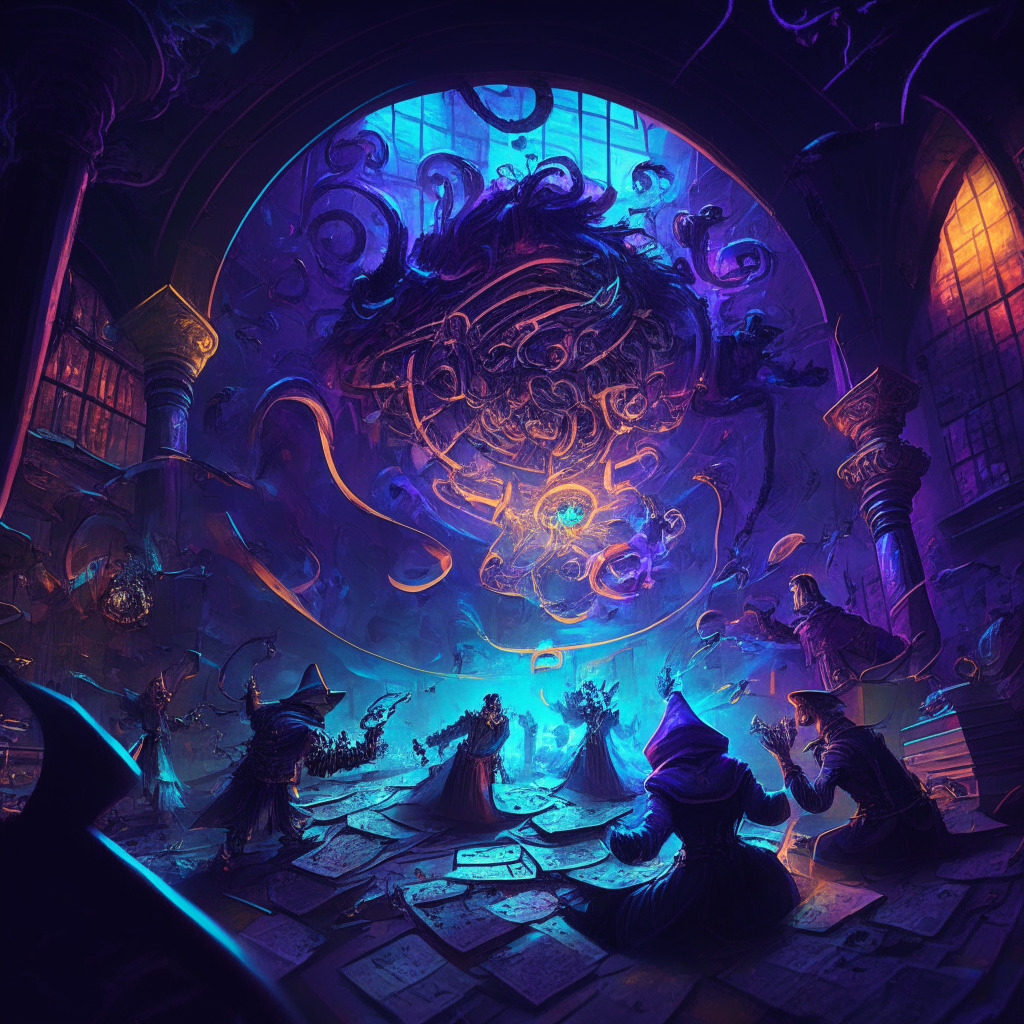In 2016, the crypto world was shaken by the infamous DAO hack, which saw around $60 million worth of Ether drained from the system. This monumental event led to the most controversial decision in Ethereum’s history: a coordinated hard fork to take the stolen funds back from the hacker by rewriting the Ethereum ledger. This resulted in heated debates over the “immutability” of blockchains and the potential impact on the trustworthiness of the system.
However, instead of being a dark tragedy, the DAO hack can be seen as a formative moment for Ethereum, akin to the Mt. Gox hack’s impact on Bitcoin. It tested the community’s resilience and set precedents that would contribute to today’s success. In fact, the hack ultimately played a crucial role in the rise of Decentralized Autonomous Organizations (DAOs) on Ethereum.
As a result of the DAO hack, projects had to seek alternative funding mechanisms, causing the ICO boom of 2017 and 2018. This shift in funding models moved away from collective organizations and toward direct-to-investor ICO sales, which came with both positive and negative consequences. On one hand, it stimulated growth and innovation, but on the other hand, it made it easier for scams to operate.
The DAO hack also led to an increased focus on security within the crypto industry. Before the hack, developers were more inclined to “move fast” and push the boundaries without proper safety measures in place. But in the aftermath, the blockchain security industry gained prominence and improved the overall safety of the ecosystem.
Although the “code is law” ethos was challenged as a result of the hard fork initiated after the hack, it seems that the concern over the moral hazard of similar bailouts was overstated. To date, no similar hard fork has been on the table since the DAO hack, implying that the community has learned from this experience.
However, some argue that the shift away from DAO-style funding models towards ICOs has resulted in a loss of expert oversight and vetting for blockchain projects. In the DAO model, projects would not only receive funding, but also support and guidance from experienced investors. This safety net was lost with the rise of direct ICOs.
Today, years after the DAO hack, the crypto industry is still faced with security breaches and compromises. And while the community has learned invaluable lessons from this incident, it’s vital for the industry to not shy away from trying big things and continue to strive toward the vision of building truly decentralized applications. By remembering the lessons of the past, future projects can maintain a balance between innovation and safety, ensuring a stronger and more reliable crypto ecosystem for all.
Source: Coindesk




